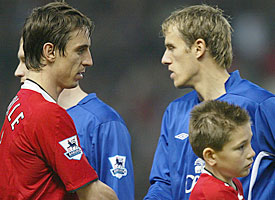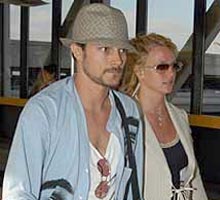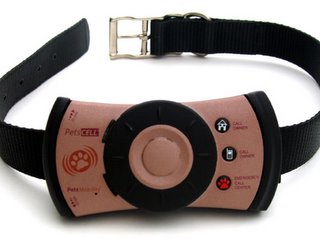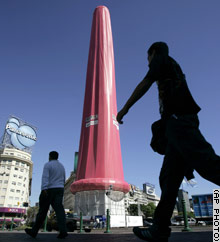What they learn
Now5-7-year-olds learn that humans and animals can produce offspring and these grow into adults; to recognise similarities and differences of female and male.
7-11-year-olds learn about nutrition, growth and reproduction - and about the main stages of the human life cycle.
11-14-year-olds learn about the human reproductive system, including the menstrual cycle and fertilisation; how the foetus develops in the uterus; how the growth and reproduction of bacteria and the replication of viruses can affect health, including HIV and sexually transmitted infections.
14-16-year-olds learn about the effects of sex hormones and some of their medical uses, including the control and promotion of fertility; about the defence mechanisms of the body and how sex is determined in humans.
In the futureUnder the new plans, children from primary school age would be given more 'rounded' lessons on sex and relationships and a broader education on drugs, alcohol and handling money. For older children it would include more in-depth information about the methods of contraception, protection against sexually transmitted infections, the emotional side of sex and relationships and negotiating skills to help guide children through them.






















